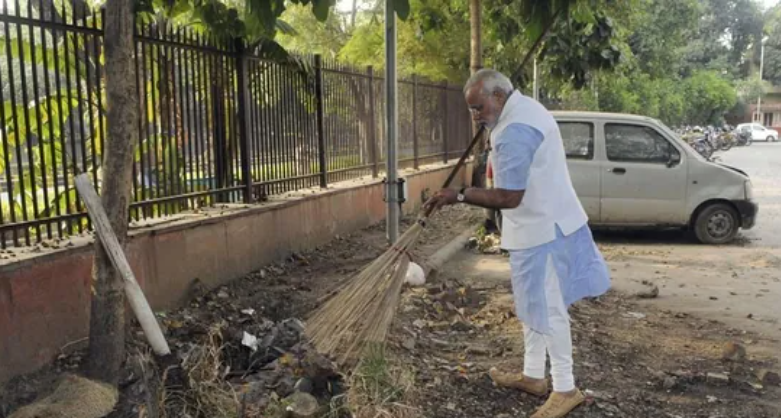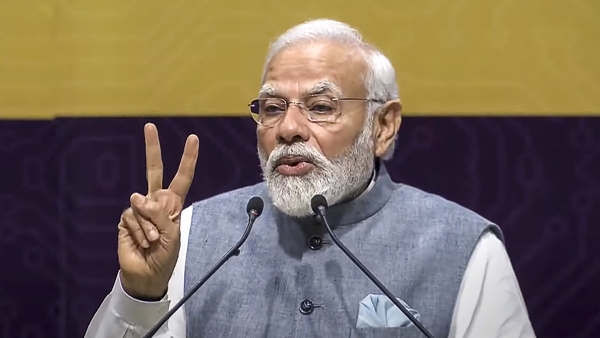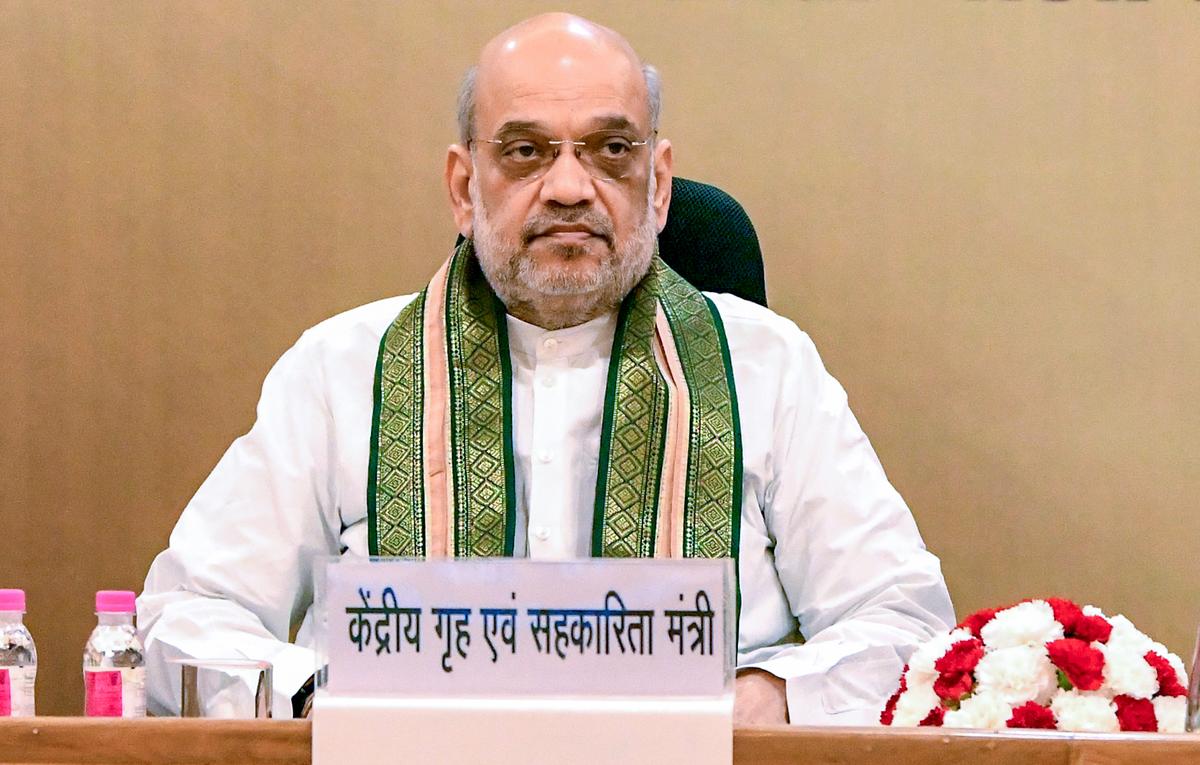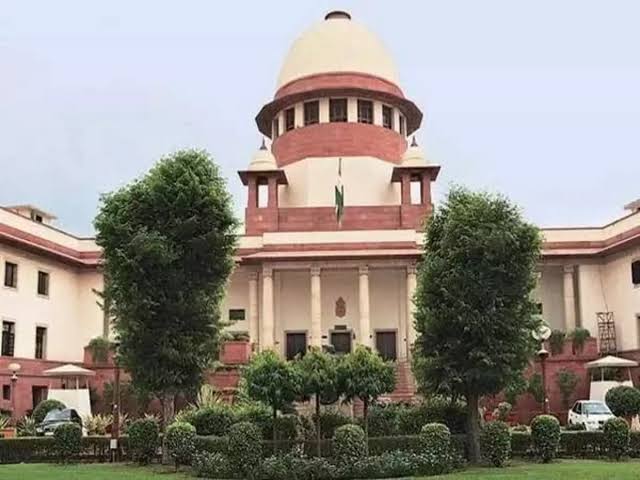Prime Minister: What are the advantages of maintaining cleanliness?
Student: Sir, staying clean helps prevent diseases, and if our country is clean, everyone will understand the importance of keeping it that way.
Prime Minister: What happens when there are no toilets?
Student: Sir, diseases can spread.
Prime Minister: Exactly. In the past, 60 out of 100 people didn’t have toilets at home, leading to open defecation, which was a major cause of illness. Mothers, sisters, and daughters suffered the most. Since we launched the Swachh Bharat Abhiyan, we prioritized building toilets in schools, especially for girls. As a result, the dropout rate for girls has significantly decreased, and more girls are attending school. So, has cleanliness made a difference or not?

Student: Yes, Sir.
Prime Minister: Whose birth anniversary are we celebrating today?
Student: Gandhiji and Lal Bahadur Shastri.
Prime Minister: Great! Do any of you practice yoga? Wow, so many! What are the benefits of doing asanas?
Student: Sir, it improves our flexibility.
Prime Minister: What else besides flexibility?
Student: It helps reduce diseases and enhances blood circulation.
Prime Minister: What’s one food item you all like to eat at home? Your mothers probably tell you to eat your vegetables and drink milk, right? Who ends up arguing about this?
Student: We eat all vegetables.
Prime Minister: So, you eat everything, including bitter gourd?
Student: Except bitter gourd.
Prime Minister: Alright, except for bitter gourd.
Prime Minister: Do you know what the Sukanya Samriddhi Yojana is?
Student: Yes, Sir.
Prime Minister: What is it?
Student: It’s a scheme you started that benefits many girls. When we save, we can keep the account open for 10 years. By the time we turn 18, it helps us with our studies. If we don’t face any financial issues, we can withdraw the money.
Prime Minister: The Sukanya Samriddhi Account can be opened as soon as a daughter is born. Parents can deposit one thousand rupees each year, which is about 80-90 rupees a month. After 18 years, if she needs money for education, she can withdraw half. If she’s getting married at 21 and needs the money, that one thousand rupees will grow to almost 50 thousand, along with about 30-35 thousand rupees in interest. The interest rate for daughters is 8.2 percent, which is higher than the normal rate.
Student: There’s a map that shows us how to clean the school, and it illustrates the children participating in the cleanup.
Prime Minister: I remember one day in Gujarat, a teacher implemented a remarkable idea. In an area near the coast with salty water and barren land, he gave each child an empty Bisleri bottle. He instructed them to collect the water used for washing utensils after meals at home and bring it to school every day to pour onto the trees they planted. When I visited that school after five or six years, the transformation was astounding.
Student: This is about dry waste. If we separate dry and wet waste, we can create compost.
Prime Minister: Do you practice this at home?
Prime Minister: When your mother goes shopping for vegetables and comes back with plastic bags, do you all argue with her, asking her to take a cloth bag instead?
Student: Yes, we tell her to use cloth bags.
Prime Minister: That’s great to hear.
Prime Minister: What is this? These are Gandhiji’s glasses, and he watches over us to see if we’re practicing cleanliness. He dedicated his life to this cause. He once said that if he had to choose between freedom and cleanliness, he would choose cleanliness. He prioritized cleanliness above everything else. So, should we continue our cleanliness campaign?
Student: Yes, it should continue.
Prime Minister: Should cleanliness be treated as a program or a habit?
Student: It should be a habit.
Prime Minister: Well said! Many think cleanliness is just Modi Ji’s initiative, but the truth is that cleanliness is not a one-time effort. It’s not just the responsibility of one person or a family; it’s a lifelong commitment. Every single day, throughout life, it’s essential to practice cleanliness. And what do we need for this? We need a mantra in our minds—every citizen of this country must decide that they will not contribute to dirtiness.




